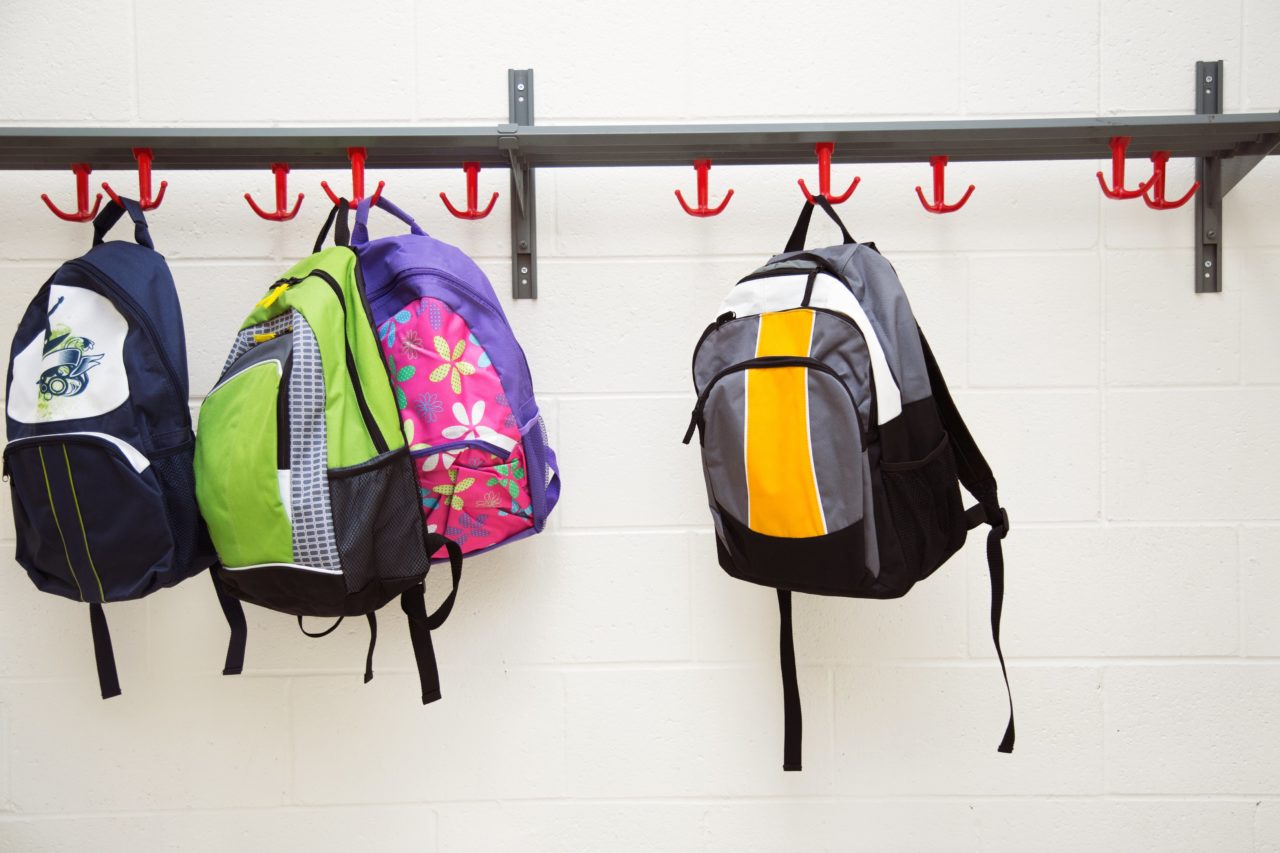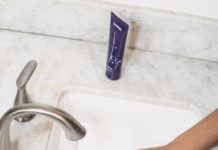Working as a teaching assistant is an incredibly rewarding job where you get the opportunity to make a difference to children’s lives every day. It can also be pretty tiring- running from one class to another, being responsible for several children at once and being the go-between for a teacher and their students.
Some teaching assistants work with one specific teacher, but many teaching assistants will often work with several different teachers in different classrooms, having to adapt to different age groups and subjects throughout the school day. So, it can be a big help to carry the right tools with you.
After working as a teaching assistant in both a primary and secondary school, here’s 10 things that I found to be extremely useful when working a busy day at school.
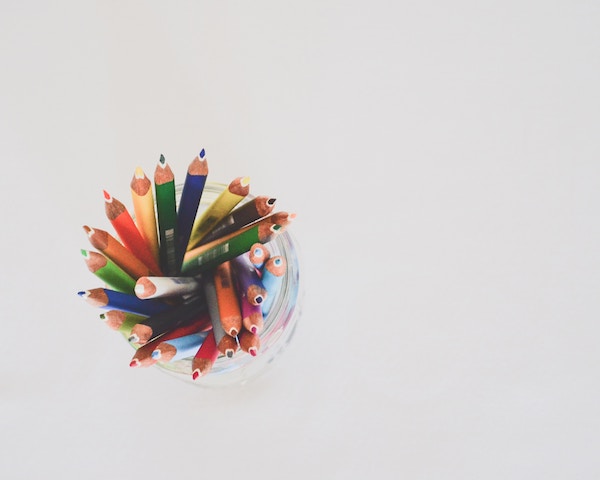
Stationery
This one goes without saying. It’s always good to have a pack of pens and pencils with you because it’s inevitable that students you work with will forget or lose their own. It’s also good to keep a few whiteboard pens too, especially if you take small groups out of the class for intervention sessions. Keep all your stationery neatly together in a case.
Planner
When working with lots of different classes and teachers throughout the day, a planner is essential. It’s good to have a planner to help you plan your extra commitments such as time to complete admin tasks or extra-curricular activities. It’s also a good idea to keep a copy of the school map, fire instructions and behaviour policy in your planner too.
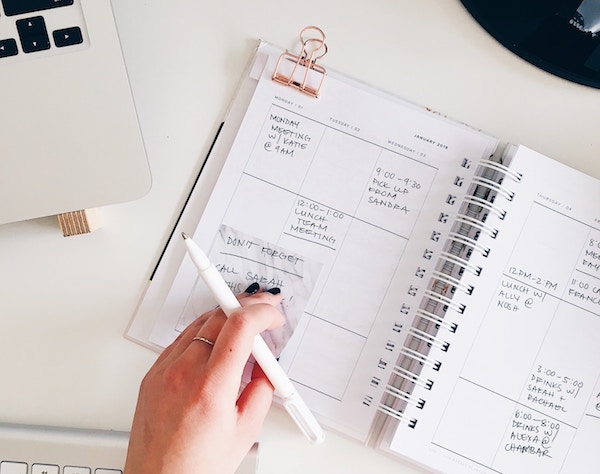
Mini whiteboard
My mini whiteboard came in super handy when working as a teaching assistant. There are so many ways a mini whiteboard can be utilised when supporting students in the classroom:
- Use your mini whiteboard to condense the teacher’s presentation notes for students who struggle to keep up with the teacher’s pace.
- Use your mini whiteboard to create visual aids such as mind maps and diagrams to help students who might struggle with understanding long texts on the board or in textbooks.
- Give your mini whiteboard to students who can work things out by rubbing out and changing their work rather than crossing out constantly in their books.
Fidget / sensory toy
If you are working with a student who has ADHD/ ADD and struggles to focus and pay attention in class, a fidget or sensory toy can prove very useful. Allow them to play with the fidget when sitting through long periods of time where they are expected to sit still, such as during a class reading or teacher’s presentation. Check with your teacher first if this okay as they might misunderstand and think you are letting a student play in their class. But research has shown that sensory fidget toys actually help those with ADHD to improve focus, attention and memory.
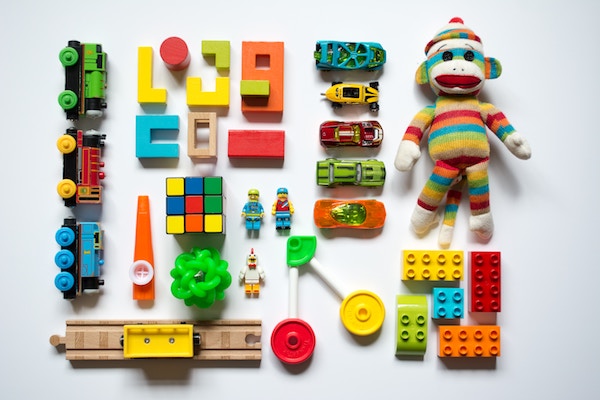
Stamps or stickers
If you are working with younger children, stamps and stickers can be a great way to reward students for desirable behaviours or good class work. Rather than letting them do what they like with the stickers, which can prove disastrous, they could keep a sticker record in the back of their book or planner and work towards a goal or prize for the number of stickers they have.
A great book
Most schools will have reading time in class so it’s a good idea to carry a book with you. This also means that you have a book to give to a student you are working with if they forget to bring one, which someone inevitably will.
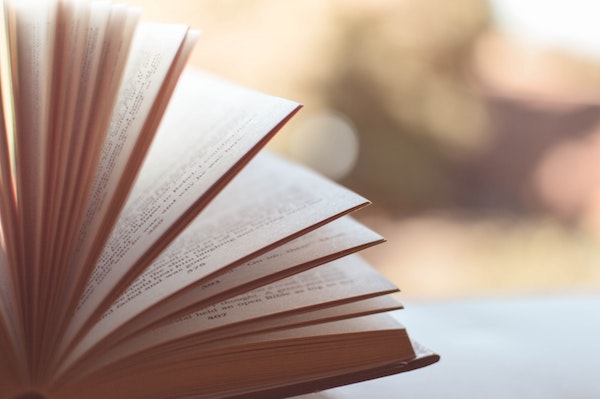
Hand sanitiser
Being surrounded by children all day can easily spread germs so it’s best to carry hand sanitiser with you at all times, or else risk spending every half term in bed with a cold! I also would usually carry a packet of wipes with me when working with younger children too, just to be on the safe side!
Trainers
When working in schools, no matter how hard you try to avoid sports, heading on to the school field will be unavoidable at some point in the school year! At some point you will be asked to help out with a school sports club, sports day or a P.E. lesson, so be prepared! This is especially true when working in a primary school as many teachers like to take lessons outside.
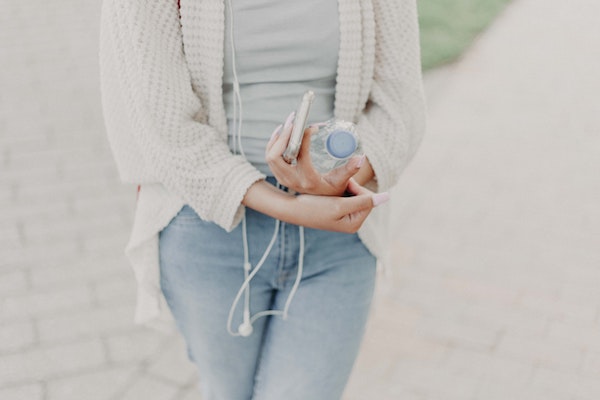
Water
It’s important not to forget water- you can’t survive off coffee alone! Water is important for energy but also helps to stave off headaches during a noisy school day. What’s more, if you find that you have to project your voice a lot when working with groups of children, you’ll need to make sure you’re drinking water to avoid straining your voice.
Snacks
Just like the students, you need to keep your energy up and that means having some snacks at break times to fuel your day. Trust me, working with children is tiring and hungry work!
If you’re a teaching assistant, let us know in the comments what essentials you can’t live without during a busy school week! For more teaching assistant advice, read our top tips for teaching assistants!
RealiseMe is a careers and community platform for teachers and teaching assistants. Register today to find your next teaching job, book supply work free of agencies and connect with like-minded professionals in our community forum!

